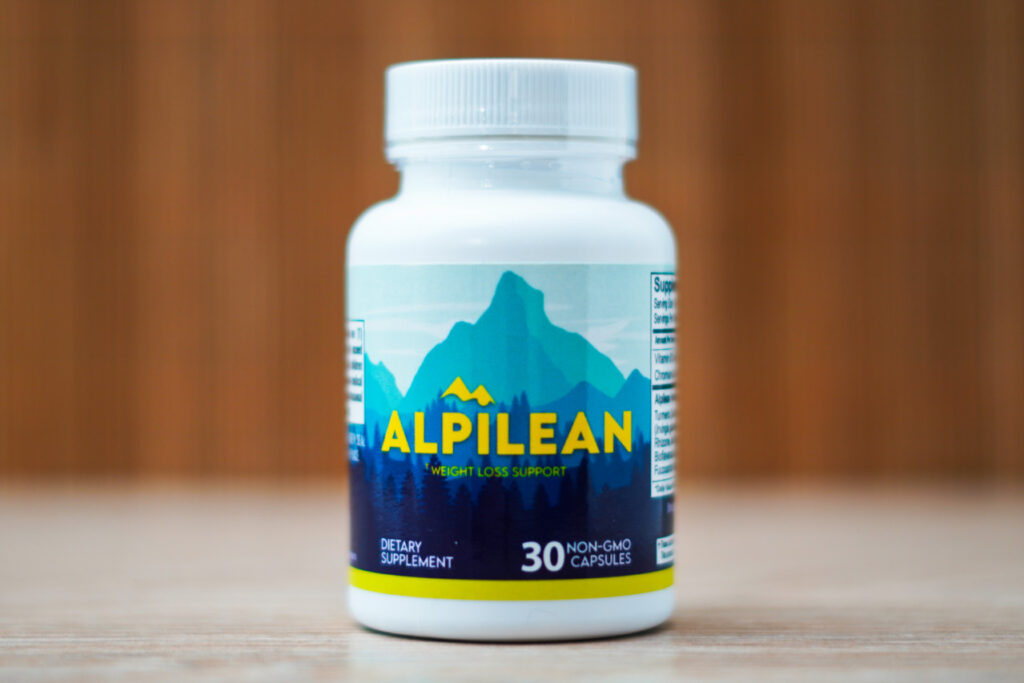About Me
However, there are high protein diets and then there are high protein ketogenic diet programs. Bodybuilders would be the guardians of the high protein diet - most of them, making use of a form of cyclical ketogenic diet.
Are either suited to athletes? Effectively, that depends on whether you are a performance athlete or an aesthetic athlete. Okay, sorry. Bodybuilders aren't only aesthetic athletes - they need scads of energy of the gym. However, true performance athletes aren't going for a specific physical aesthetic - merely an outcome, such as a time, a specific amount of energy or some performance standard that could be measured.
Even though some other athletes ingest larger protein compared to the typical person, they might not dip into ketosis or even utilize the exact same techniques as a bodybuilder going for hypertrophy and physical aesthetic. The alleged benefit of a high protein diet is you drop less muscle as your body doesn't have to break down as protein that is much from muscles as you burn up as power.
The additional allegation is that because protein boosts metabolism, fat loss is a lot easier on a very high protein diet - whether it is accompanied by a lower carbohydrate ratio or not. Protein builds as well as repairs tissues, as well as makes enzymes, alpilean customer review [visit these guys] hormones, and other body chemicals. Protein is a crucial source of bones, skin, cartilage, muscles, and blood. No debates there.
Concern is, will high protein diets maintain any athlete for extended periods - whether a cyclical ketogenic type of diet or even merely a high protein diet? Doing high intensity training, as bodybuilders do, means that glycogen is depleted quickly. A diet of mainly protein - or largely protein - will not permit replenishment of glycogen stores.
Glycogen, kept in all of muscle cells, is energy and helps the muscle retain fullness and water. It is what makes it possible for you to enjoy a pump during as well as after a set. The blend of water as well as electrical power in muscle is critical for higher intensity performance. This is why a high protein, combination ketogenic diet, is used during a diet cycle, or perhaps pre-contest cycle, because education during that period is not as heavy or intense as it's in the off season. Glycogen keeps workouts going. Without it, workouts stop abruptly because the tank is empty.
Endurance athletes couldn't survive on high protein as well as lower carbohydrate diets. The truth is, their protein needs are inverted in comparison to power athletes. Strength athletes, nevertheless, are proponents of higher protein diets as the notion that protein cultivates more muscle tissue in healing is hard to lose. But as indicated by research in the sports medicine community, intensity that is high, big muscles contractions (via heavy lifting) is fueled by carbs - not protein. The truth is, neither protein nor extra fat can be oxidized rapidly adequate to meet up with the needs of a high intensity training. Additionally, the restoration of glycogen quantities for the following training hinge upon ingesting sufficient carbs for muscle mass storage.
 Insufficient carbohydrate percentages in the diet is able to cause the following:
Insufficient carbohydrate percentages in the diet is able to cause the following:
~ Decrease sugar levels
~ An elevated risk of hypoglycemia
~ Reduced rapid burst ability and strength
~ Decreased stamina
~ Reduced uptake of minerals as well as vitamins
Location
Occupation